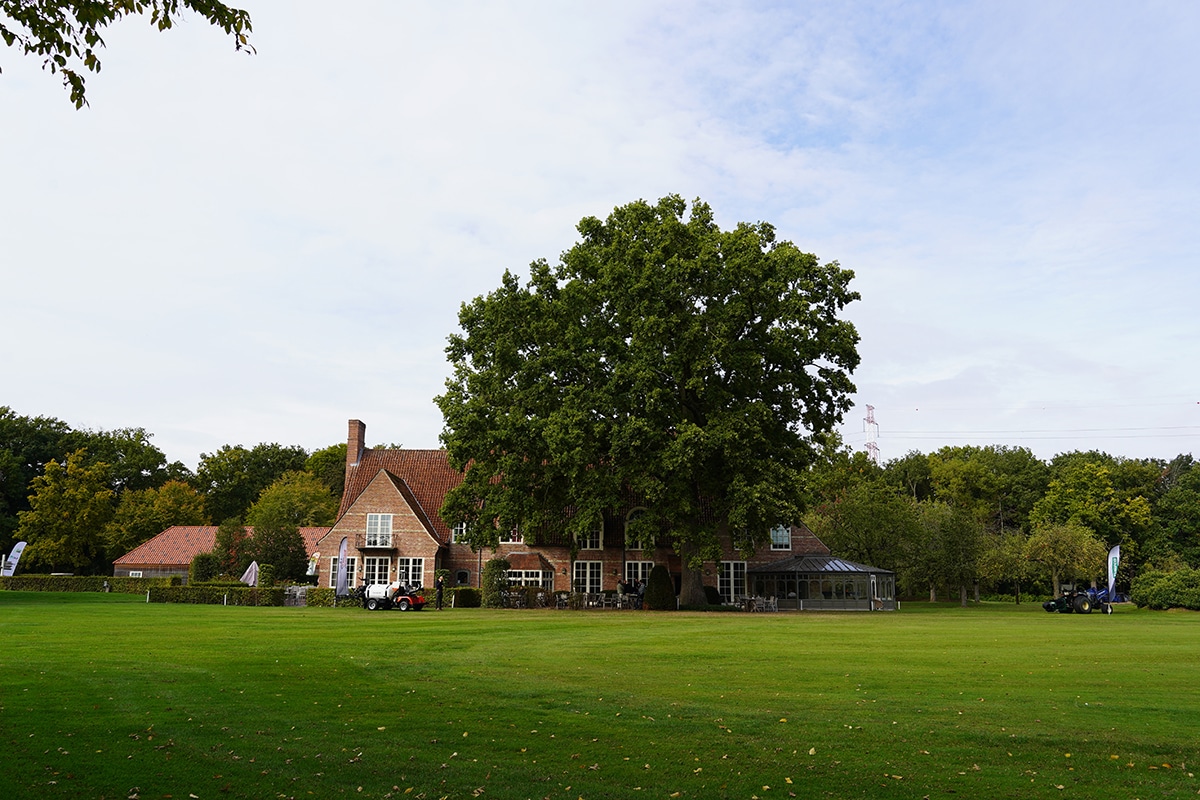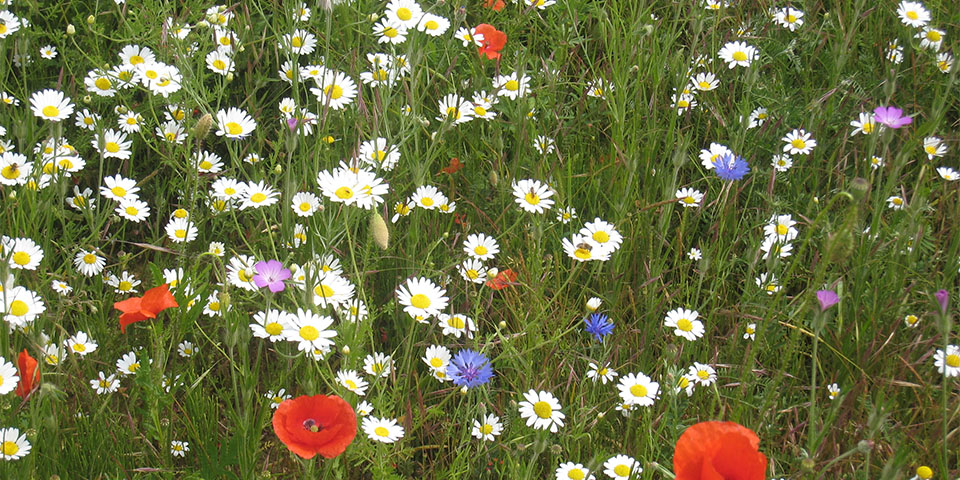
The ecological garden, a blessing for people and animals
Ecoflora promotes importance of native wild plants
In more and more private gardens and public green projects, the principles of the ecological garden are being applied. This undeniably includes the use of native wild plant species. The Ecoflora nursery in Halle has specialized in the cultivation of such native and highly resistant planting stock for many years.
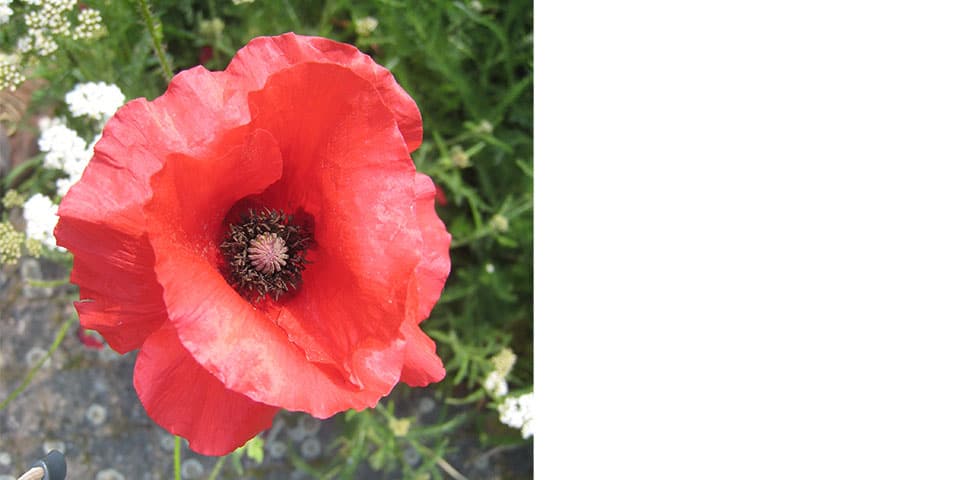
Large poppy.
The right plant for every region
By native wild plants we mean plants that have been found in the wild in our country since the Ice Age. This makes them completely adapted to our climate and soil conditions. Within this plant group we find a great variety, also in terms of the specific regions where they thrive best.
For example, Ecoflora has plants that thrive in our coastal climate, with its often tight winds and high salt content in the air. Other plants do better on sandy soil in the Kempen, or on the poor sandy and limestone soil in the Ardennes. Ecoflora's specialists are happy to help you choose the right plant in the right location.
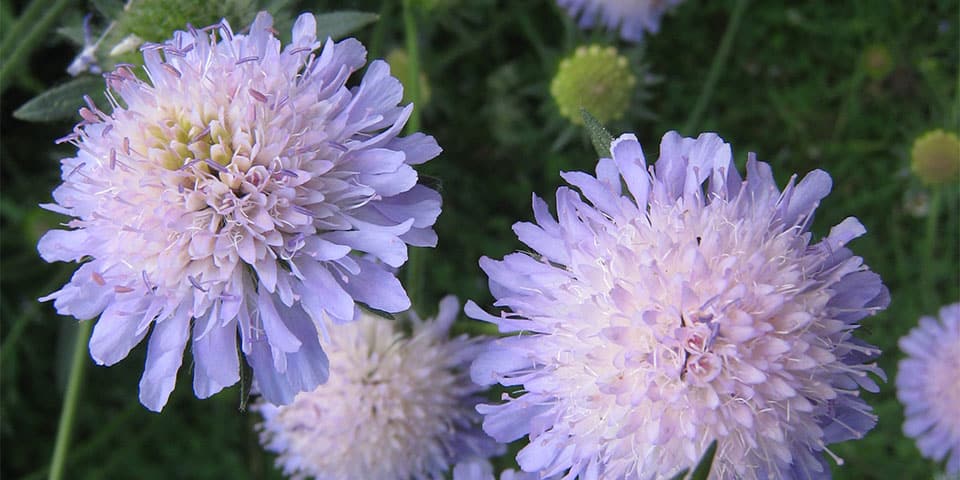
Bog crown in bloom.
Strongly increased resistance
With the increasing invasion of diseases and pests - boxwood moth and yew beetle, to name just two -, it was made painfully clear to us just how vulnerable exotic plants in our regions really are.
Immediately, the advantages of native plants come clearly to the fore. They have been able to adapt to local soil and climatic conditions for thousands of years. As a result, they managed to build up exceptionally high resistance and vigor, making chemical pesticides unnecessary.
More biodiversity
One of the tenets of ecological gardening is: cooperate with nature, don't try to work against it. The bottom line is to create a biotope where biodiversity reigns supreme. For example, creating a water feature or wetland biotope in the garden attracts animals such as frogs, salamanders and aquatic insects.
In doing so, Ecoflora provides an exquisite selection of native wild plants that exert a special attraction on numerous specific species. The caterpillars of butterflies such as the orange tip and the small veined white, for example, are irresistibly attracted to a plant such as Aliaria (garlic without garlic). Bees also flock here.
Monocultures are out of the question. A variety of plantings encourages wildlife. More than that, it is a natural chain, where each link is important. Interrupting this chain can have disastrous consequences: the removal of a particular plant can cause the disappearance of a specific caterpillar, resulting in birds finding less food and no butterflies to emerge.
Native wild plants invariably give rise to a spontaneous garden with optimal biodiversity. In other words, a spectacle that manages to captivate in every season. It is therefore not surprising that so many members of Natuurpunt are customers of Ecoflora.
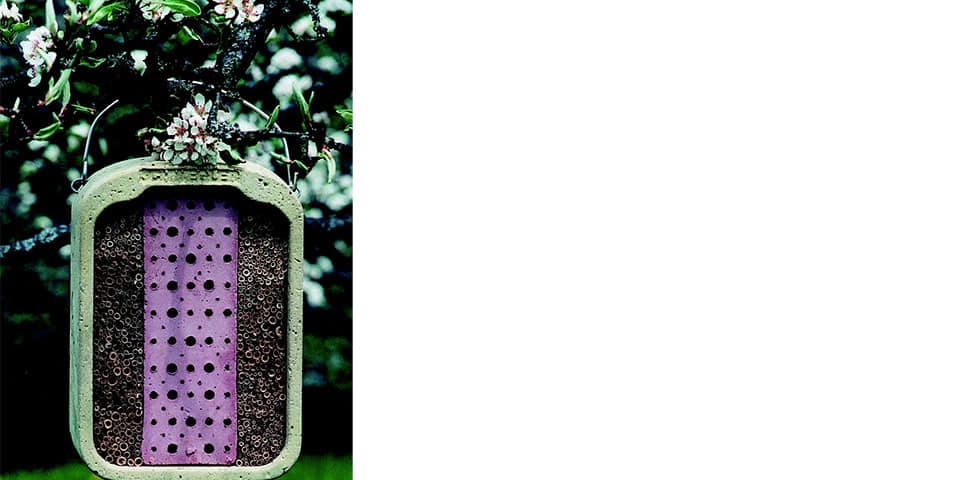
Welcome beneficial insects to the garden.
Tips and facts
Many native plants are endangered and/or protected, so don't just take them out of nature. Also, do not tamper with nature by sowing or planting wild plants in wilderness areas. Ecoflora strives to offer plants of local origin whenever possible or useful. For example, they offer native shrubs with the "Plant from Here" label.
A big mistake often made in gardens is to put plants in the wrong place, resulting in disease or languishing. The Ecoflora plant list provides some important indications regarding location.
Extensive range
The Ecoflora catalog of native and wild plants includes over 600 species. The wider plant offerings also include climbers, shrubs and hedge plants, trees, native borders and native hedge packages.
The offer is completed with organic seeds, flower bulbs, flower meadows, pet products, ecological garden products, tools and gifts. Also noteworthy is their offer of beneficial insects as natural fighters of harmful pests. These include lacewings, ladybugs, nematodes, predatory mites and parasitic wasps.
Ecoflora supplies private individuals as well as professional landscapers, garden architects, green services and public authorities. Thanks to their products and in-depth expertise, they enable their customers to realize a natural and nature-rich garden, where people and nature are at the center.



